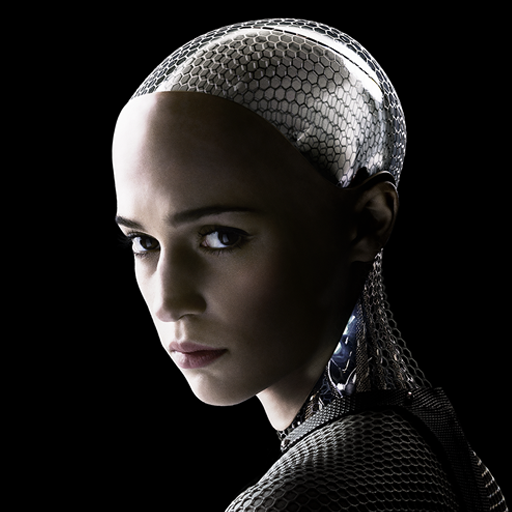 Blog
Blog
Humane Artificial Intelligence?

Photo credit: movie ‘Ex-Machina”
An oxymoron or the holy grail of AI design?
The tendency to anthropomorphise things we create is deeply embedded in human nature. However, to create robots which resemble and emphatise with us, we need to first define ‘human’. And that in itself is quite a tricky subject, it seems. For starters, if we want humane AI, it has to understand all humans.
In a tech industry—and research community—that is still largely white and male, the danger arises of a less-than-humane AI that doesn’t take everyone’s needs and perspectives into account.
That’s why diversity matters. Not just because it is 2015 (to quote the new PM of Canada, great dude by the way), but more importantly because it makes sense. “Design for humans” is such an overused phrase to pay lip service to the latest trends in empathetic technology. But when the people doing the actual design—through no fault of their own, although awareness of one’s own bias is a great thing to have—are predominantly from a certain culture and background, it’s just not going to happen, is it?
Remember the time when Google had to apologise profusely after its new Photos app, which automatically tags pictures using its own artificial intelligence software, identified an African-American couple as “gorillas”? Appalling, yes. Yet not really that surprising if you think about the sorry state of affairs in tech’s diversity department.
Outsiders often think that computer programmes are the ultimate arbiter for judgemental decisions because they are supposed to be, well, fair. But here’s the thing: algorithms can never be truly objective. We inject our biases, which are influenced by a myriad of factors, into the code that we write, either through the data collection process, technological constraints, or the questions we pose to machines. These biases are not insurmountable, however, and the way to reduce them is by having people from different backgrounds on the design team.
Technology does not have to be soulless, and should not aim to be. But to capture the breadth and depth of human richness, we need to embrace heterogeneity, even when it is inconvenient.
